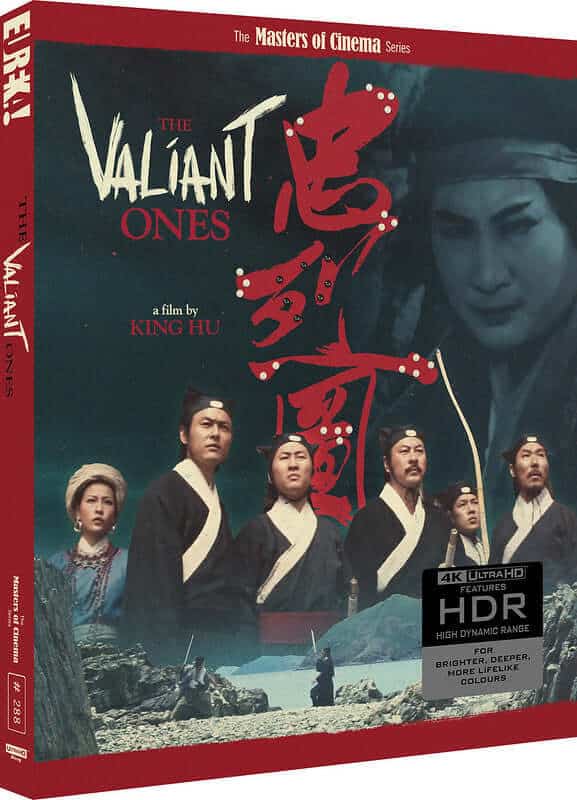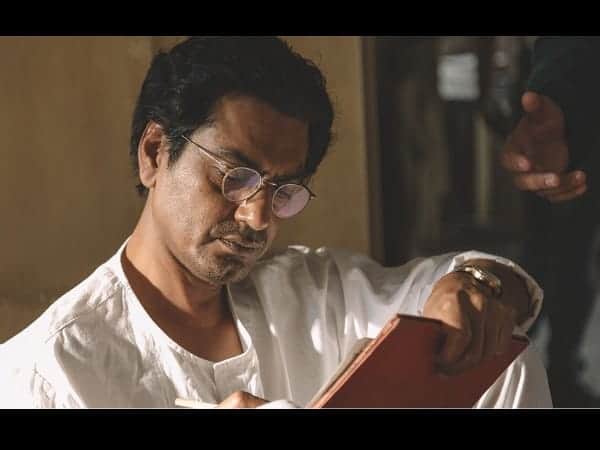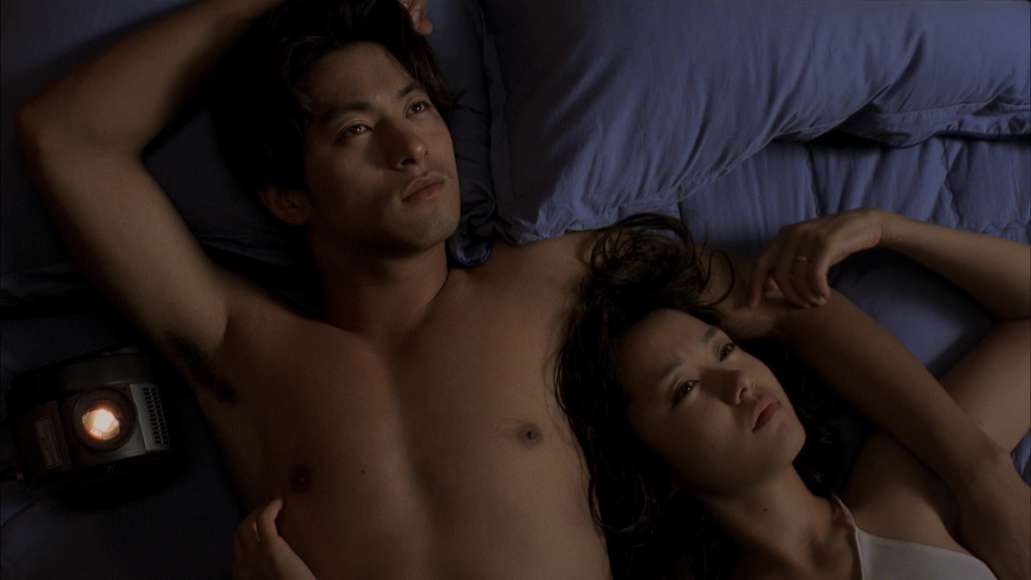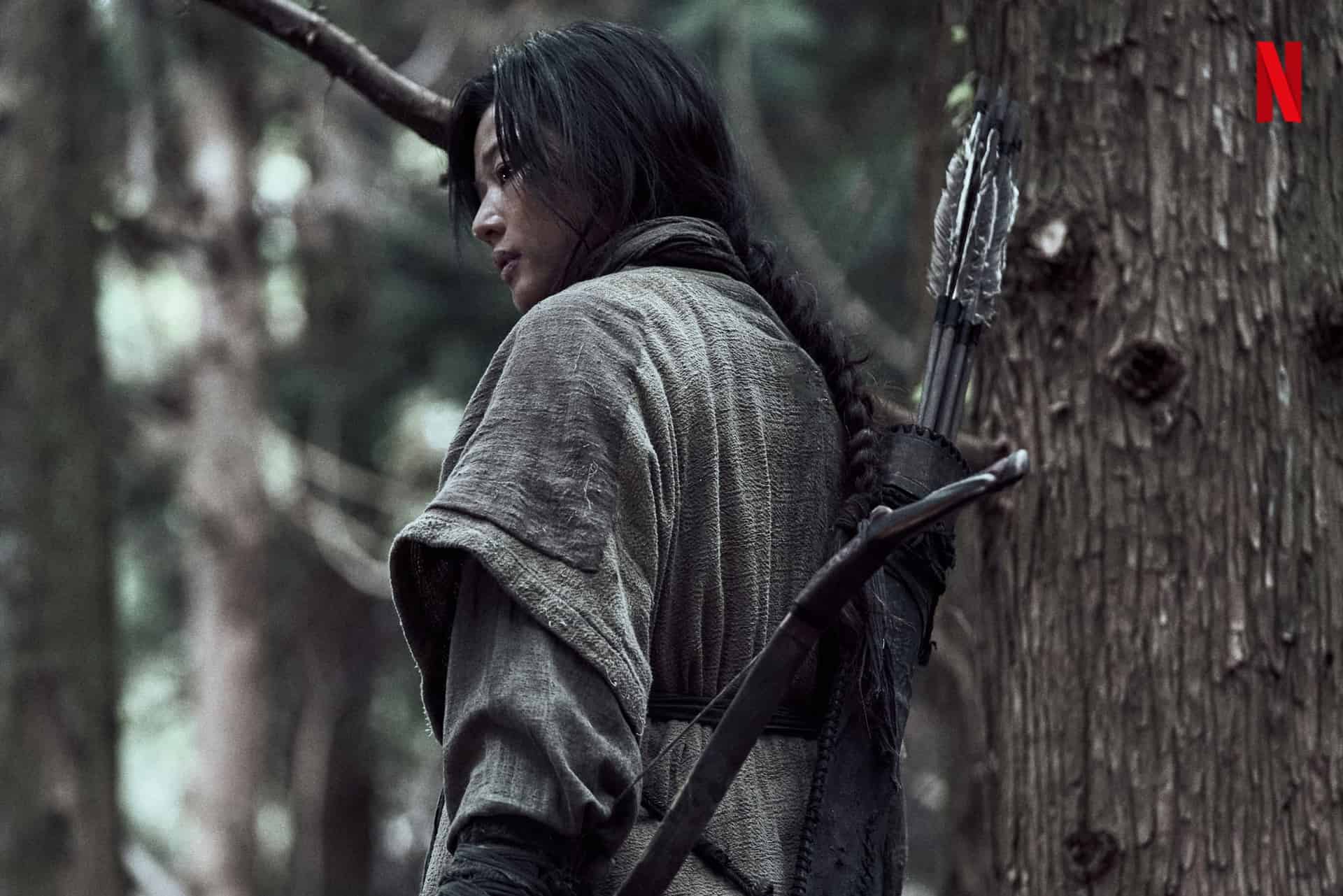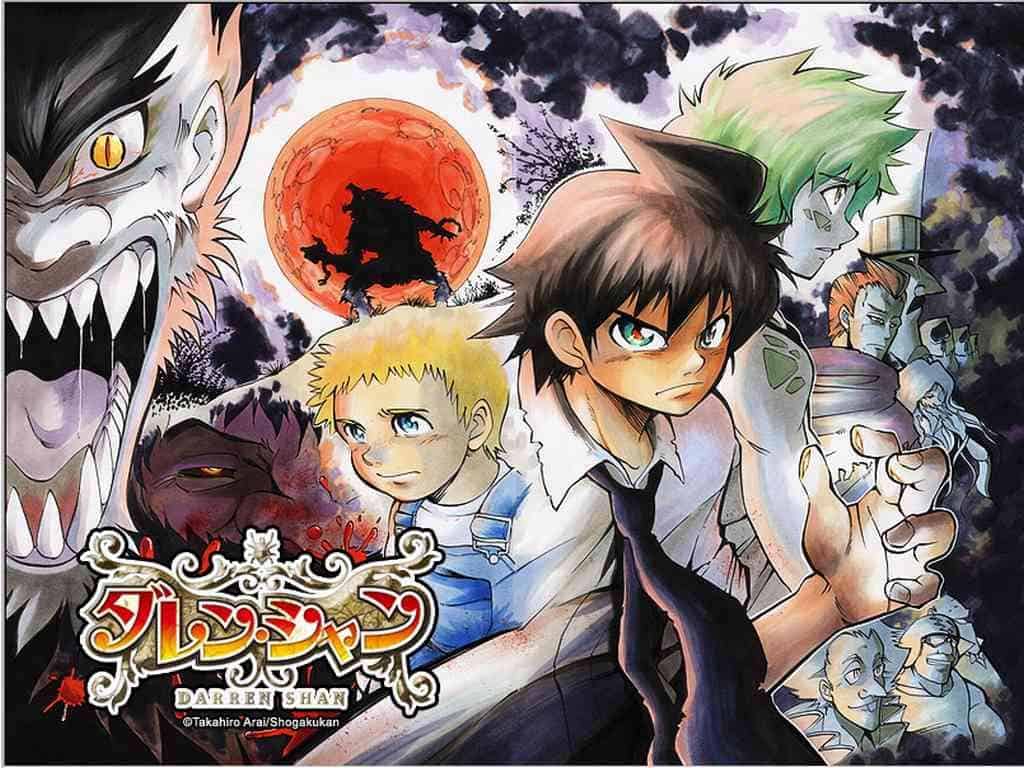The general consensus is a pirate movie will contain lots of epic sea battles and hidden treasures. Well “The Valiant Ones” may contain treasure of the stolen kind but there is barely a sighting of a ship throughout, despite the coastal setting. Yet this is a King Hu feature so put that initial concern to one side and prepare to rediscover one of his less prominent works as Eureka entertainment release it in a new 4K scan.
Buy This Title
on Terracotta by clicking on the image below
Pirates are attacking the coast of China and the Emperor (Chao Lei) tasks General Zhu Wan (Tu Kuang-chi) to assemble a small group to defeat them. Under the command of General Yu Dayou (Roy Chiao), they include the husband and wife sword fighters Wu Ji-yuan (Wing Bai) and Wu Ruo-shi (Feng Hsu). As they learn more about their opponents, it becomes evident that some enemies are closer than they appear with court machinations complicating matters. Ultimately a confrontation with the pirate leader Hakatatsu (Sammo Hung) will decide their fate.
Visually “The Valiant Ones” is amongst King Hu's finest work. There is a constant movement within the frame so that even when the shot is static, the characters within are in perpetual motion. It provides a fluidity that is far superior to anything else his contemporaries would construct. The framing of the shots alongside cinematographer Ching-Chu Chen is exquisite, making the most of the location shoot to take wide shots of the panoramas or the use of natural light in the forrest to highlight a hidden treasure like a moment of enlightenment. Even when constrained it's an artist at work and the compositions deserve to be seen on the biggest screen possible.
If you like The Valiant Ones, check also this video
Like “A Touch of Zen” this Wuxia is predominately set outdoors, unlike his more chamber-like pieces with “Dragon Inn” and “The Fate of Lee Khan” that found their central characters confined largely to their inn settings until the intrigue exploded in the final reels. Yet it has similarities with all three. As always, there is conflict at the heart of the narratives. Not all are who they appear to be, with corruption figuring prominently at the heart of the storylines. Officialdom comes under scrutiny as power and wealth drive the core villains and this is particularly highlighted in “The Valiant Ones”. In the search for the pirates an alliance is uncovered that leads to a somewhat downbeat denouement. The fate of the survivors is revealed in a narration that concludes the feature.
Structurally, it maintains the classic tropes of a Wuxia without meditating philosophically like “A Touch of Zen” or his later more esoteric features “Raining in the Mountain” and “Legend of the Mountain”. These would have a more spiritual approach and are much more in the auteur vein. Sometimes however restriction can produce great art as it forces the director to work within set parameters. Hence with “The Valiant Ones” there is a tighter focus due to a more manageable running time.
Sammo Hung pulls double duty. First as Hakatatsu, leader of the Japanese pirates. More prominently it's an early credit for him as action choreographer. Whilst still in his formative years, the action looks streets ahead of earlier works of King Hu. The standard trampoline effects of the era are there as the fighters show their enhanced capability but there is a lot more ingenuity at work. Wu Ji-yuan's whirlwind style is cleverly done in the final duel as Hakatatsu is unable to lay a hand on him. It's all framed up close and relies on the antagonist's reactions as he gets increasingly frustrated. Another piece of clever character based action is the first full confrontation with the heroes and pirates. Yu Dayou uses a chess board as one of his party plays the flute to help put everyone in position to deal with the threat. It's this creativity throughout that adds a layer of excellence on top of the overall product.
King Hu regular Roy Chiao brings his usual dignity to the part of Yu Dayou, being as reliant on his wits as his blade. Wing Bai and Feng Hsu, who are also regulars for the director, have a little less to do dramatically but carry the physical aspects superbly. Despite being husband and wife there is little interaction to really recognize this. They appear more as comrades. It's also worth noting the costume of Wu Ruo-shi. It's very reminiscent of the outfit used by the Sun Moon sect in the latter feature “Swordsman”, a film in part directed by King Hu but eventually released more in tribute to the master filmmaker. Look out too for “Drunken Master” mentor Simon Yuen in the cast.
Some may consider this a lesser work of King Hu due to the more familiar narrative and tighter focus. Yet it actually serves to aid the creativity, being visually on par with his finest and aided by the best choreographed action in any of his features. This is a movie to discover and embrace a master at work.



